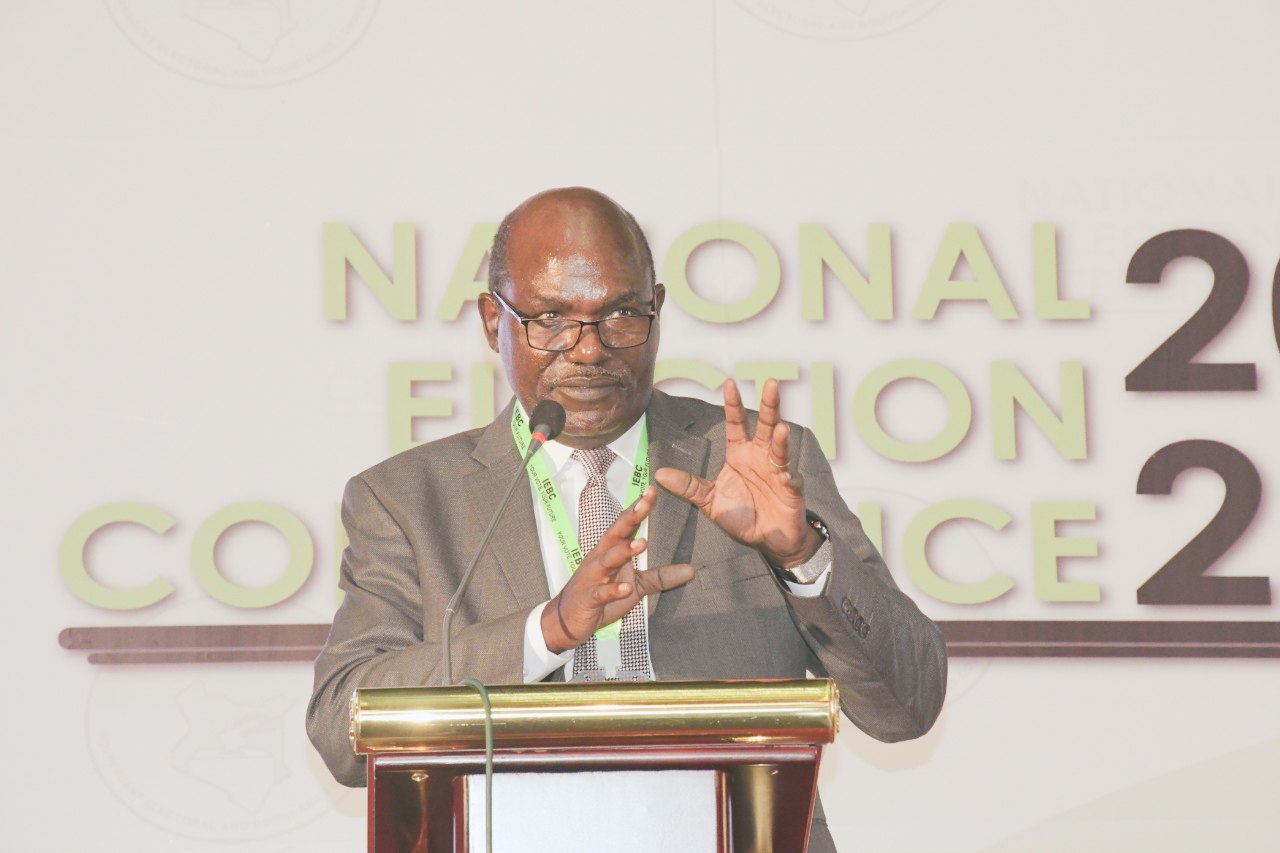By John Walubengo
After getting a clean bill of health from the Supreme court regarding their technology infrastructure, IEBC must be enjoying their rare badge of approval. A week later, the new President also commended them and promised to ensure they have enough funding to strengthen their technical and organisational systems.
But was everything smooth sailing for IEBC Tech systems? We take a look at some of the challenges they faced and how they could be addressed.
Failed KIEMS Kits
It is on record that a good number of the KIEMS kits, particularly in Kakamega County failed to work and replacements were arriving several hours later, forcing voting to start around mid-day.
During the planning meetings, the message we got was that each Ward would have at least three or four extra KIEMS kits to quickly step in as replacements – in event of failure of the original KIEMS Kit. It is not clear why this could not happen as planned but clearly something that will need to be corrected going forward.
Additionally, it is not clear why the option to activate the controversial ‘manual-identification’ mechanism to address the issue was not authorised. This would have allowed voters to immediately vote – instead of telling them to come back after several hours when the KIEMS kits issue would have been resolved.
Closely related to KIEMS Kit operation is the question of making the KIEMS Kit logs public for interested stakeholders and researchers to review. The logs provide interesting insights regarding polling day events such as voting traffic density across the day, voter-identification methods used, time of polls opened/closed, and time Form34As were transmitted amongst others.
Data Protection Issues
Another area for improvement relates to matters of data privacy.
Compared to 2017 when the results transmission system is said to have been hosted in France, in 2022, all voter-related data seems to have been localized as per the expectations of the Data Protection Act of 2019. There are however a few outstanding data privacy issues that would need attention.
Firstly, the IEBC website lacks data privacy or data protection policy explaining to voters how it collects, stores, processes and de-commissions voter data. The privacy policy should also have a contact person-the Data Protection Officer – that ‘Wanjiku’ could use in case she needs to raise a complaint, report a data breach or simply wish to request an opt-out of the voter register.
Secondly, and perhaps more critical, IEBC must re-think how to protect its officers and party agents’ personal identifiers like national ID numbers or telephone numbers that are now all over the publicly accessible Form 34As portal.
Elections in Kenya tend to be so overly emotive and life-threatening that there is a need to balance the privacy needs of critical players vis-a-vis the equally important need for transparency and accountability.
Safeguarding Personal Data During Kenya’s 2022 General Election
Future Technologies – Blockchain.
Having demonstrated over the last 10 years that technology in an election can indeed work, IEBC is now in a good mature state to explore new technologies.
Many have asked the question – if we routinely and securely send close to a thousand dollars over our mobile phone, why is it so difficult to send an election vote over the same mobile platform?
These are valid questions and not fictional. Estonia has been routinely holding general elections over multiple platforms allowing citizens to vote online through the web, vote on mobile phones or vote the traditional analogue way – a physical ballot.
To make it even sweeter, Estonia allows its online voters to vote over a one-week period, making it possible for them to change their mind by recalling a vote and updating the vote to a new candidate – as long as it is before the given deadline.
The majority of their voters vote online, reducing the pressure to mount the massive and expensive 3-day national exercise that we call our general election, followed by a whole week of collective national staring at the television as we await the IEBC Chairman to make his or her declaration.
In 2027, the majority of the voters will be millennium voters, young adults born in the digital age, commonly known as digital natives. They will want to vote from the comfort of their phones, laptops or whatever device would be convenient.
Blockchain Technologies contain the necessary cryptographic tools to provide the confidentiality, integrity, availability and non-repudiation to deliver such a tech-driven election. IEBC must begin to think seriously about it.
John Walubengo is an ICT Lecturer and Consultant. @jwalu
This is a series of blogs about the 2022 Kenya Election. KICTANet has deployed 87 election tech observers covering 21 counties in Kenya.
![]()




